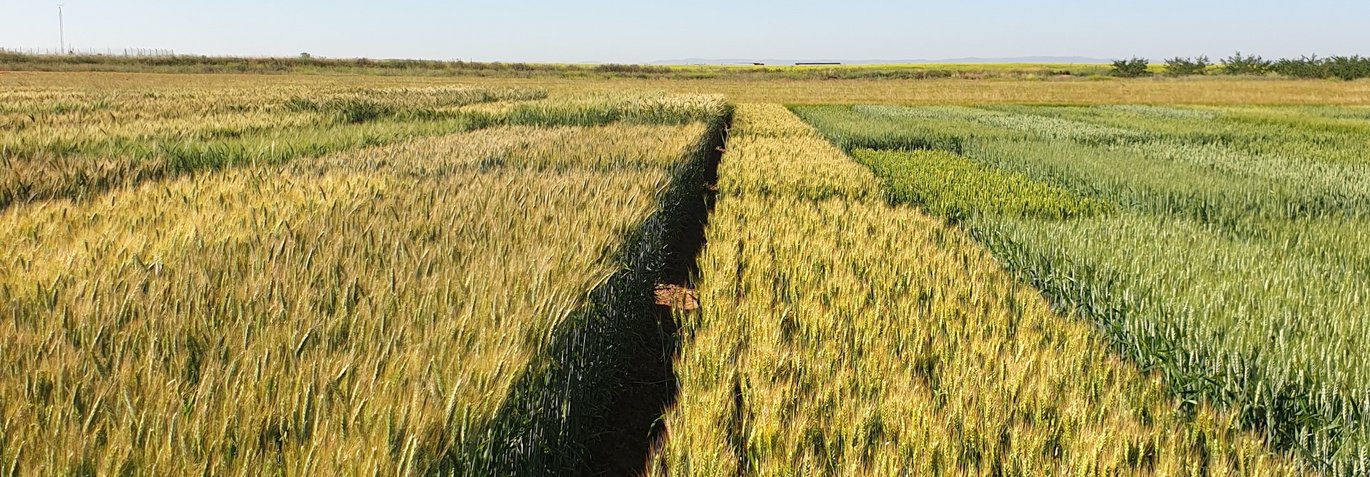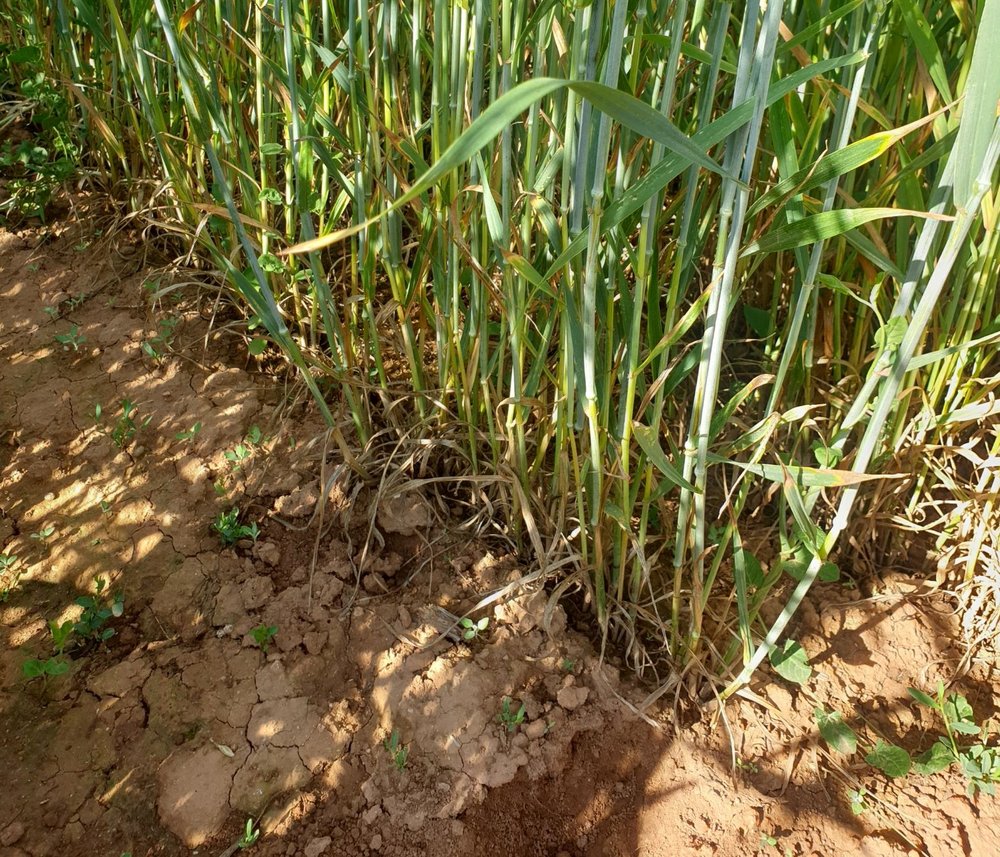Is it possible to foster soil fertility and slow down climate change? The SOMMIT project aims at understanding soil management to do just this
Agricultural practices can determine the role of soils as a source or sink of greenhouse gases and thus critically influence the capacity of soils for climate regulation. The SOMMIT project will advance our understanding on this matter and help to predict how soils response to different soil management options aimed to increase soil carbon storage.

Soils: much more than what you step on!
Why working in soil? This is a common question that the general public poses to soil scientists. We step on soil, we walk on soil, and we often do not see it as any other thing than a physical support for plants and buildings. However, soils are the foundations of life on Earth. We would not be here if it were not for all the essential functions that soils have. Life on earth depends on soils and the multitude of ecosystem services that they provide, such as the regulation of climate, water cycle, and soil fertility, and other critical functions. Soils are the support for agriculture and food security, but they are also the support for our entire life, and that of all animals, plants and microbes. As scientists, as companies, as inhabitants of this planet, we have the duty to protect and preserve this natural resource now and for new generations.
In order to feed a growing human population and fostering crop productivity, we need to increase soil fertility through incorporating macro and micronutrients in soil. This is commonly done by the application of organic amendments, as compost and manure that increase the activity of hundreds of organisms inhabiting soil. But this may have a counterpart: the action of these organisms (i.e. bacteria, fungi, etc.) can release greenhouses gases which contribute to global warming. This means, depending on the conditions, that the capacity of soils for climate regulation can be potentially compromised by agricultural practices. However, given the huge physical, chemical and biological complexity of soils, predicting these responses is a challenging effort.
The SOMMIT project
Within the context of climate change there is increasing focus on the implementation of agricultural practices which contribute to soil carbon sequestration (e.g. 4 per 1000 initiative, www.4p1000.org) to mitigate rising atmospheric CO2 levels. However, the agricultural sector is the largest global contributor to anthropogenic non-CO2 greenhouse gases, such as methane (CH4) and nitrous oxide (N2O). The general objective of the SOMMIT project is to assess the most adequate strategies for the application of organic amendments in order to increase soil carbon sequestration while mitigating the release of these gases and nitrate losses. SOMMIT will ultimately predict what (nature and quality of organic matter inputs), how much and how (amount and application method of organic matter inputs), when and where (pedo-climatic conditions, soil properties) increase soil carbon sequestration while reducing the release of methane and nitrous oxide across Europe. The integrated and interdisciplinary approach will address the main pedo-climatic conditions and farming systems in Europe, through 1) synthesis and analysis of available data; 2) targeted, novel measurements on key long-term experiments; and 3) simulation of long-term agro-ecological system responses to contrasting management options. SOMMIT will model these responses of soils across Europe to organic matter inputs, which is fundamental to anticipate impacts of agricultural soils in global change.
Understanding soil management and its influence on climate mitigation
The SOMMIT project will aim at understanding soil management and its influence on climate mitigation, and sustainable agricultural production to improve predictions of soil-environment-management interactions, and providing indicators and model estimates of greenhouse gas emissions at farm-level for the sustainable soil managements across relevant European climate zones. This information will be gathered to propose optimal management practices and guidelines to reduce adverse impacts of soil management strategies and increasing carbon sequestration in agricultural soils.
Cross-collaboration in EJP Soil
SOMMIT includes a high level of inclusiveness with 9 European countries and 13 institutions involved. SOMMIT is a funded EJP Soil project, and thus will be actively seeking to collaborate with other projects from the same initiative (i.e. CarboSeq, TRACE-Soils, SCALE, etc.). This transnational and highly collaborative initiative will foster the development and progress of soil science in Europe and benefit end-users and stakeholders for the development and adoption of sustainable soil managements.
As any other EJP Soil project, SOMMIT is looking for an effective stakeholder’s involvement. The SOMMIT will deliver guidelines, built on co-learning approaches, resulting in practical tools for practitioners and decision makers. Getting involved in such sustainable, collaborative and transnational effort is fundamental to acquire novel knowledge about the practices that make soil fertile and productive, but also climate-change “friendly”. As a stakeholder, you need to be aware of the new sustainable soil managements that preserve the quality and health of soils. Policy-makers and European guidelines will definitively beat for these strategies in the future. Why won’t you?

Photo 2: Soil-plant interactions in a wheat crop. Photo credits: Felipe Bastida.
Additional information:
Go to the project website, click here, and read more on the overall EJP SOIL website.
Contact for more information: Dr. Alessandra Lagomarsino (alessandra.lagomarsino@crea.gov.it). Coordinator of SOMMIT
Dr. Felipe Bastida (fbastida@cebas.csic.es): Project Communication representative